Investing in the Nation's youth by investing in school nutrition
Swette Sustainable Food Systems

Investing in the Nation's youth by investing in school nutrition
In March of 2021, the Biden Administration put forth a proposal called the American Jobs Plan, a bill that focuses on revitalizing the American economy and job creation by investing in American infrastructure.

Meet senior fellow Bob Nash
In this series, we’re sitting down with the Swette Center senior fellows to catch up on food systems, innovation, and what makes a good meal. Read on for an interview with Bob Nash, Former Under Secretary of Rural & Community Development at USDA.

Meet affiliated faculty Rolf Halden
Read on for an interview with Dr. Rolf Halden, Director for the Center for Environmental Health Engineering at the Biodesign Institute.
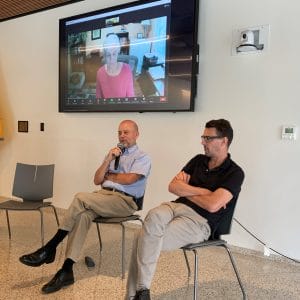
Further insight from NGO Panel
On Wednesday morning, we changed things up by hearing from a panel of non-governmental organization leaders. The panel was headed by Ann Mills, the Executive Director at Agua Fund, Michael Fernandez, the founding director at AAAS Center for Scientific Evidence in Public Issues (AAAS EPI Center), and Ferd Hoefner, who consults with multiple organizations on behalf of federal farm policy issues.
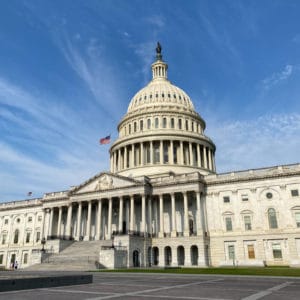
"Keep Your Eye On What You’re Driving Toward"
Students were eager and ready to dive in on the first morning of the ASU Food Policy Certificate Capstone Immersive in DC. Fortunately, the lineup of speakers that morning was an engaging and impressive bunch, all ready to share diverse perspectives to paint a picture of their current and past work in food and agriculture.
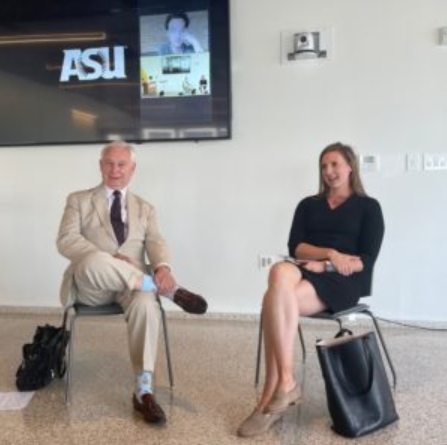
“On the Record”
As Swette Center certificate students, we have the pleasure of receiving The Hagstrom Report in our email inbox daily to stay up-to-date on the inside scoop of DC Agricultural politics and news.

Advancing global food security with Jocelyn Brown Hall
Jocelyn Brown Hall—Director of the Food and Agriculture Organization’s Liaison Office for North America—joined the ASU Food Policy and Sustainability Leadership Cohort for a wide-ranging discussion about advancing sustainable, resilient agriculture and food systems around the world to achieve food security.
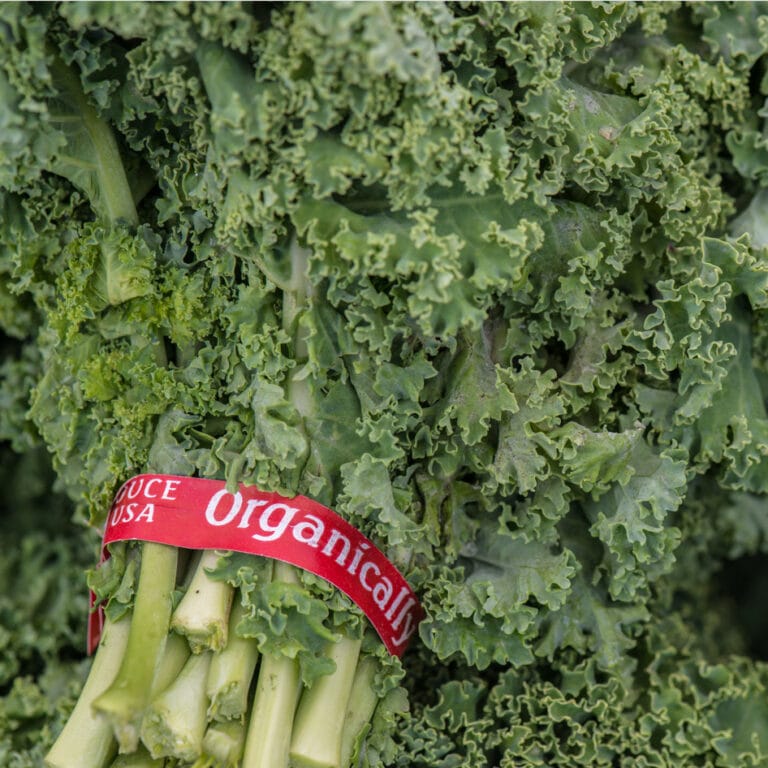
Organic food has become mainstream but still has room to grow
Organic food once was viewed as a niche category for health nuts and hippies, but today it’s a routine choice for millions of Americans. For years following passage of the Organic Foods Production Act of 1990, which established national organic standards, consumers had to seek out organic products at food co-ops and farmers markets.
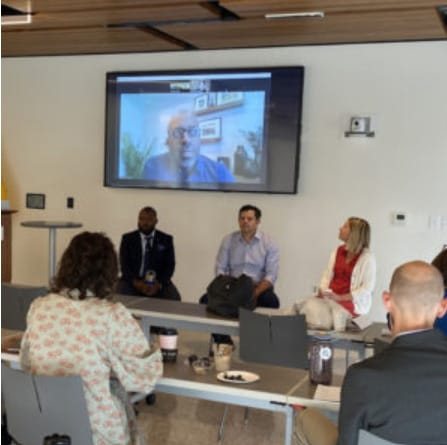
Food and agriculture industry insights
During a Wednesday panel of our D.C. immersive, we had the privilege of hearing from food industry executives, all of whom have significant experience in government. Interestingly, none of them spoke exclusively about the positive work their companies are doing at present. Instead, what seemed to motivate them was the need for change – both at their companies and in the food and agriculture sector more broadly. It was clear that they saw the opportunity to lead through that change from their role in the private sector.
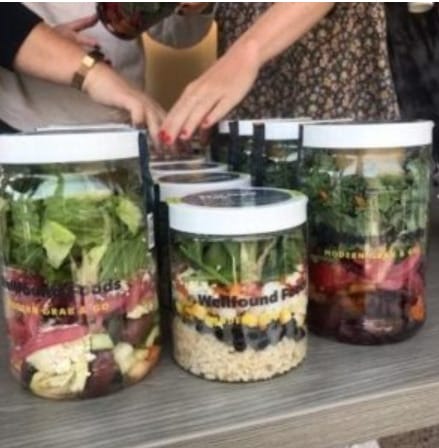
Changing the landscape of casual dining with Wellfound Foods
On a beautiful sunny day during ASU’s Food Policy and Sustainability Leadership immersive week, the founder and CEO of Wellfound Foods, Sarah Frimpong, joined us to talk about their local business and how they are transforming the food world in DC. There was a need for better packed food in a small café on Capitol Hill and they wanted to create the difference.

Transforming the Food System with Congresswoman Chellie Pingree
Throughout our immersive, we heard from a diverse array of speakers, representing various facets of the food system. From the Agricultural Marketing Service and Agricultural Research Service within the USDA and the White House’s Office of Management and Budget to NGO and food industry leaders, these three messages were repeated.
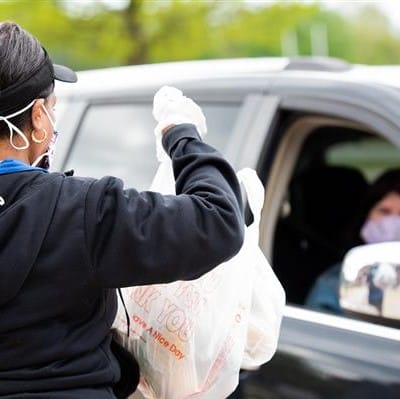
Farm-to-school support in the federal COVID-19 response
When schools closed as a result of the Covid-19 pandemic, many students across the country lost the reliable meal sources that they would typically receive at school or through other child-care programs.